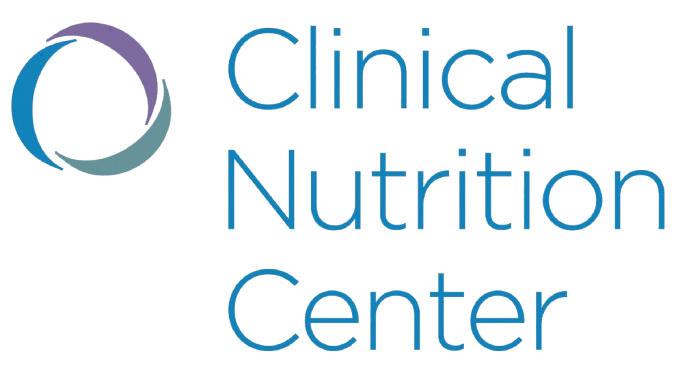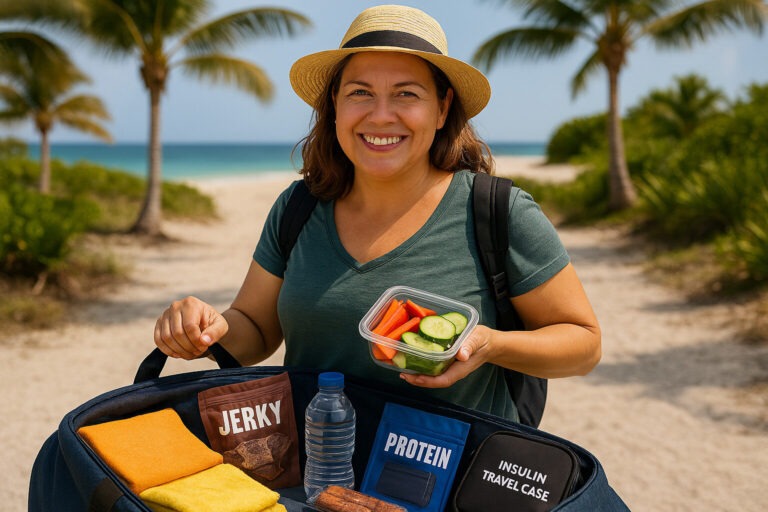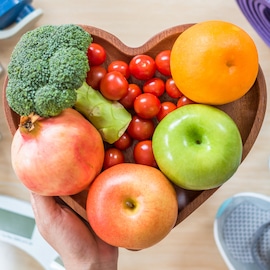Food Cravings Explained
Did you see the article on Junk Food Addiction from Bloomberg News that was in the Denver Post last Month( November 6th)? Twenty-eight scientific studies and papers on food addiction have been published this year. And just as David Kessler proclaimed two years ago in his book, “The End of Overeating”, certain combinations of sugar, fat and salt can hijack our brains and create an addictive process with food. This process is similar to what happens in cocaine addiction.
“The data is so overwhelming, the field has to accept it.”said the director of the National Institute on Drug Abuse, Nora Vulkow. The studies were performed at leading universities and government laboratories: Brain scans of obese people and compulsive eaters reveal disturbances in brain reward circuits similar to those experienced by drug abusers. If fatty foods and snacks and drinks sweetened with sugar and high fructose corn syrup are proven to be addictive, food companies might face the fiercest consumer safety battle since the anti-smoking movement took on big tobacco a generation ago.
OK, so what could this mean for those of us who struggle with overeating, binging and compulsive eating? Do we just accept this and give up? No. I think that this can provide us with the strength (finally) to banish the food-drugs from our homes. It’s not that we are lacking in willpower – we are being addicted to sweet and fatty foods without our permission! How many times have you told yourself: “I’ll just have one”, then find yourself cleaning up the whole bag of whatever the goodies were. It is not a just lack of willpower – the “food” has strong addictive properties and messes with the brain. Why didn’t our grandparents have trouble with this? Because OUR modern food processing techniques concentrate the sweet and savory flavors in food so that is has a much stronger effect on us.
This whole idea is both fascinating and terrifying. What can we do to regain control? David Kessler has a section in “The End of Overeating:” Food Rehab, which entails treating specific foods like addictive drugs. As crazy as this sounds, it seems that this new research gives the treatment real validity.
Tracy L Boykin, RD




